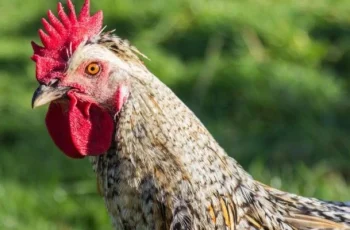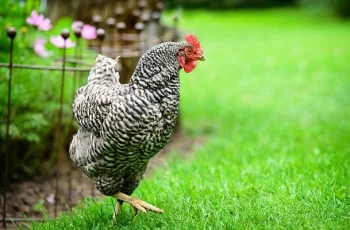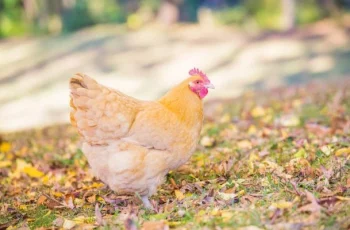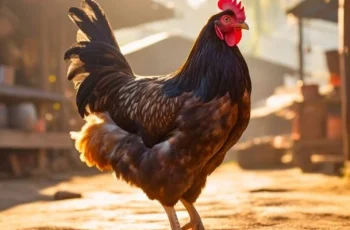Raising Heritage Breed Pigs: A Sustainable and Ethical Approach

Why Choose Heritage Breeds?
Heritage breed pigs are ideal for sustainable farming, offering resilience, adaptability, and superior meat quality. Unlike commercial pigs, they thrive in natural settings and require ethical husbandry.
Selecting the Right Breed
Choosing the right breed depends on climate, space, and farm goals. Popular heritage breeds include:
Tamworth – Excellent foragers, lean meat.
Berkshire – Marbled, flavorful pork.
Large Black – Docile, ideal for outdoor settings.
Gloucestershire Old Spot – Hardy and efficient grazers.
Red Wattle – Fast-growing, high-quality meat.
Farmers should research each breed to match their agricultural objectives.
Providing an Ideal Environment
Heritage pigs need space to roam, root, and forage. Pasture-based systems improve their well-being and health. Shelters should protect against extreme weather, with deep bedding to ensure comfort and hygiene.
Nutritional Needs
A diverse diet enhances growth and vitality. Heritage pigs benefit from pasture grazing, supplemented with grains (barley, oats, corn) and protein sources (field peas, soybean meal, alfalfa). Essential minerals like calcium and phosphorus help maintain health, and fresh water must always be available.
Sustainable and Humane Farming
Rotational grazing prevents land degradation and improves soil health. Avoiding overcrowding minimizes stress and disease risks. Gentle handling, regular health checks, and biosecurity measures support long-term well-being. Ethical slaughter ensures dignity throughout the pigs’ lives.
Breeding & Farrowing Best Practices
Heritage pigs have strong maternal instincts. Providing private, well-bedded areas for farrowing increases piglet survival rates. Farmers should monitor births and ensure piglets receive colostrum. A longer weaning period (eight weeks) promotes immunity and natural growth.
Disease Prevention & Holistic Care
Heritage pigs are hardy but require proactive health management. Common issues include respiratory infections, parasites, and hoof conditions. Strategies for disease prevention include:
Clean housing & hygiene practices
Deworming & vaccinations
Natural remedies (herbs, probiotics, diatomaceous earth)
Daily observation for early illness detection
Exercise through rotational grazing strengthens their immune system and reduces health problems.
Marketing & Selling Heritage Pork
Heritage pork’s superior taste and quality appeal to chefs and ethical consumers. Direct marketing via farmers’ markets, farm-to-table restaurants, and subscription boxes creates strong consumer connections. Small-scale butchers ensure proper processing, and value-added products like sausages and charcuterie boost profitability.
Heritage Pigs in Regenerative Farming
These pigs contribute to soil health by aerating the land and reducing compaction. Their natural foraging improves nutrient cycling, reducing reliance on chemical fertilizers. Rotational grazing enhances biodiversity and sustainable land management.

Conclusion
Heritage breed pigs offer a sustainable, ethical, and rewarding alternative to industrial pig farming. Their resilience, high-quality pork, and environmental benefits make them valuable assets for regenerative agriculture. By prioritizing ethical care, farmers contribute to a healthier food system and preserve these traditional breeds for future generations.



